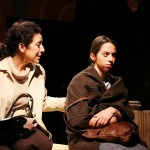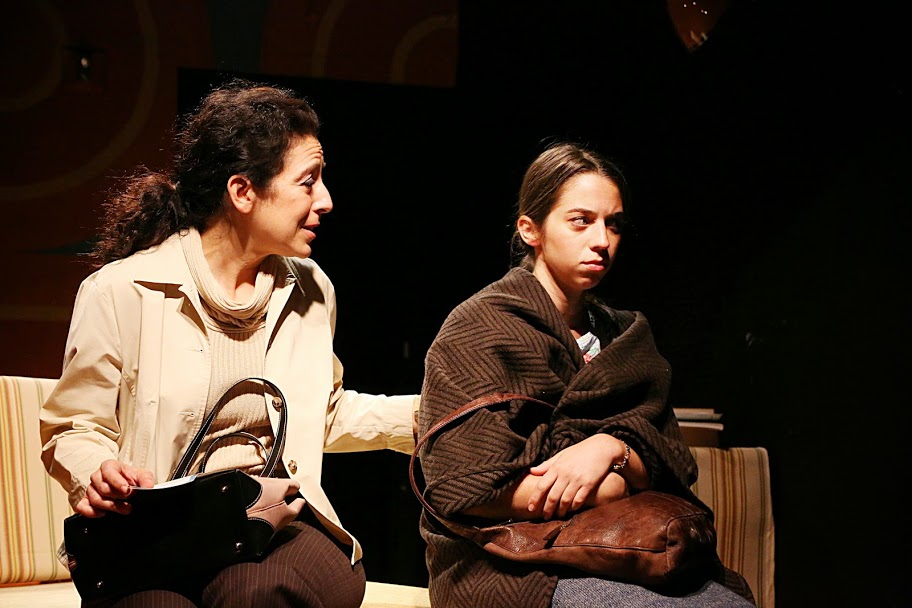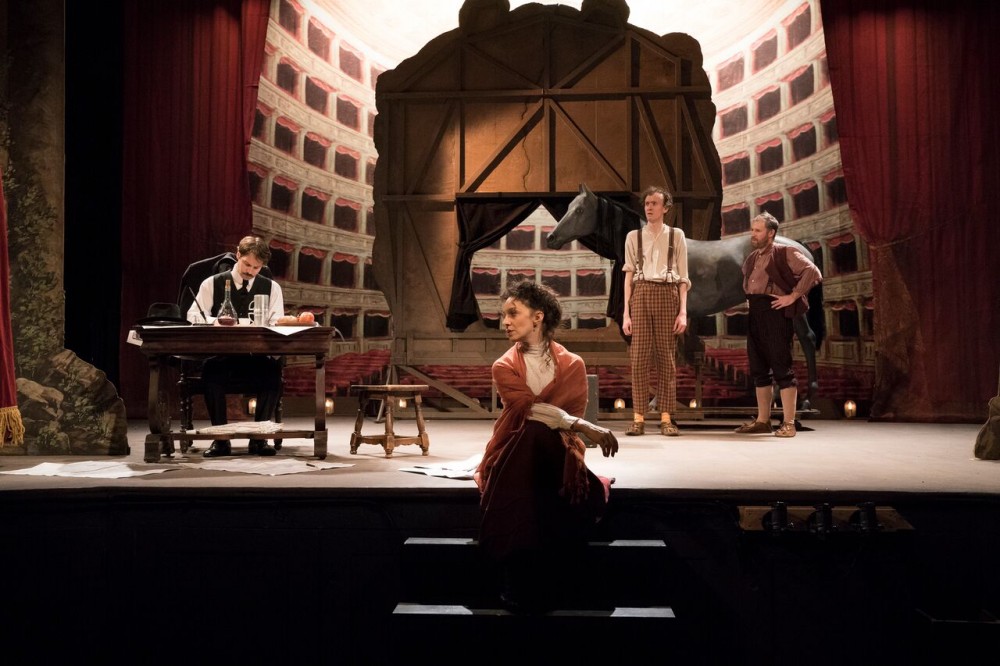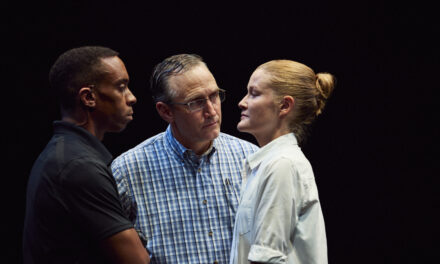NY Theater Review: JK Clarke
It’s easy to forget the atmosphere of sexual repression in this country or, conversely, how sexually liberated our society has become in the last decade or so. Anyone over 40 can remember what it was like in the 1970s—almost Victorian in contrast to today. Daughters of the Sexual Revolution, now playing at Workshop Theater, revisits that era, when pre-marital sex was still frowned upon and homosexuality was downright taboo.




The real revolution that’s taking place around the story is in the changing attitudes toward homosexuality. Joyce is, at the very least, bisexual. Her husband, Ed, who is considerably older and generationally more distant than she, tolerates her dalliances with women, treating them more as a fetish he allows his wife to indulge than her sexual identity. Judy, on the other hand, is miserable in her marriage because she is quite clearly gay, and trapped by her conservative psychiatrist monster of a husband (Greg Oliver Bodine) who treats her anxiety as a disease, rather than a symptom (“Judy suffers from free floating anxiety,” he tells his party guests) regularly subduing her with Valium. Here Judy has finally had an opportunity (in her mid-30s) to explore love with another woman—but tragically with one who is only toying with her. We worry for Judy’s safety, because she seems so fragile; but, ultimately she surprises us by being the true revolutionary of the bunch. She changes her life. Changes it for the better and ends up a stronger, happier, more confident individual.
Daughters is special in that it’s reflective of the entire era and the dramatic changes that began to take place. Homosexuality was only overt in two or three major cities in the country, but because of the movements in those cities, gay people nationwide began to assert their independence and accept themselves, even if it didn’t yet mean being “out.” While there may have been sexual carrying on in suburban hetero households, with key parties and pre-marital sex, these activities paled in comparison with the vast social change going on in the gay community. Daughters of the Sexual Revolution subtly and lovingly paints that picture, showing us the dysfunction of middle American suburbia, alongside the courageous emergence of the gay community. It truly is a play about a time of change in America.
Daughters of the Sexual Revolution. Through October 11 at WorkShop Theater (312 West 36th Street, 4th Floor). www.workshoptheater.org
*Photos: Jerry Goodstein






















